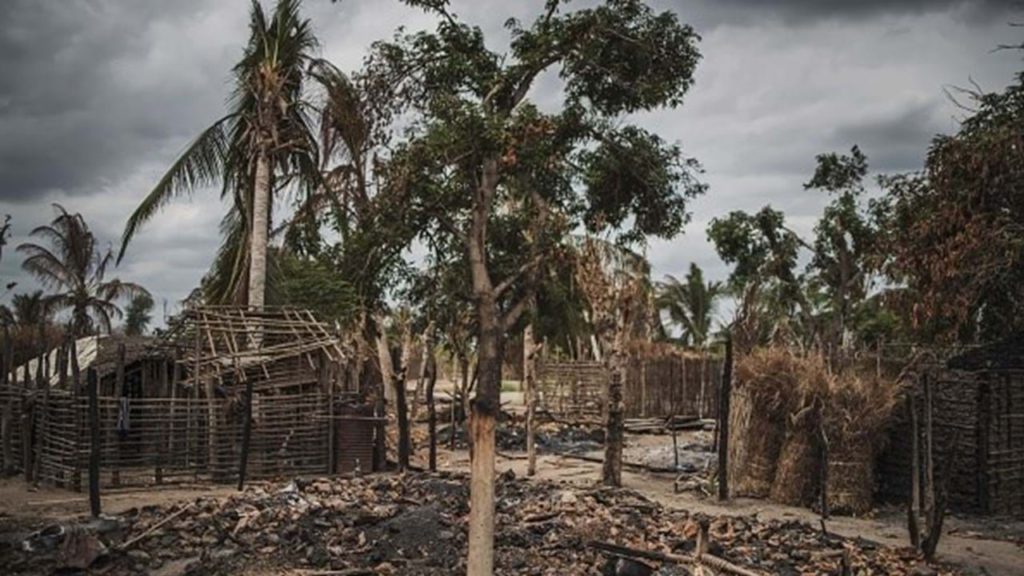The situation in Cabo Delgado, northern Mozambique, the target of attacks, is far from stabilized and has even worsened in some districts, despite the improvement with the gas projects, said leaders of Doctors Without Borders (MSF) in the country today.
“We are far from stability in Cabo Delgado”, said Helena Cardellach, MSF emergency coordinator in Cabo Delgado, classifying the situation as “a serious crisis, with a lot of suffering and displaced people”, already over one million.
“It is difficult to predict what will happen, but what is clear is that if this conflict ended tomorrow, the needs would be there” for a long time, not least because they existed before, she said.
“In some parts of the province, like Palma, the situation is a little more stable”, but “in others it is getting worse”, detailed Federica Nogarotto, MSF representative in Mozambique.
Palma is the district where the gas projects are located and which started to be garrisoned by troops from Rwanda.
Looking at the province as a whole, one cannot “say that the number of attacks has decreased” – although the representative admits that it is necessary to ask about the numbers -, “or that the amount of population in need is less than two years ago, that’s for sure”.
Federica Nogarotto says that there are more humanitarian needs, in a scenario where “fear continues to move people”.
MSF leaders spoke today at an online event to mark two years after the attack on Palma, the most publicized of the insurgency that has lasted since 2017 in Cabo Delgado.
The attack by insurgents has paralyzed the gas projects of the consortium led by TotalEnergies, works that some contractors say will restart in the middle of this year.
In the rest of the province, families are still fleeing from place to place, because when they think they have reached a safe place, they have to flee again because of new attacks and that way no one can start a life again, say MSF.
“They are always trying to start over from scratch”, underlined Helena Cardellach.
There are many thousands returning to some districts, such as Mocímboa da Praia, but in these semi-destroyed areas, which were reconquered from the insurgents, there is a lack of basic health and other services.
There is a lack of treatments for malaria, HIV, tuberculosis and there is a lack of care for mental health, which is extremely affected, pointed out Philip Aruna, MSF regional director who accompanied the return of families.
In general, outside Pemba (provincial capital) and Palma, the presence of health services and humanitarian aid is reduced and in many parts of the interior it is limited to Doctors Without Borders.
The task of caring for the health of the dispersed and fleeing population is “immeasurable”, he said.
For humanitarian organizations “the challenges are many”.
Cabo Delgado “is not easy”, said the head of mission, due to insecurity, logistical difficulties – there are places without access, especially during the rainy season -, and the dispersion of inhabitants.
“We continue to see conflict, violence, people without access to water, being kidnapped – with the consequences that this has -, being victims of sexual violence, without health services”, illustrated that official with several portraits of what is witnessed On the ground.
In addition, there are other emergencies in Mozambique that MSF is also involved in: storms and floods, such as the recent cyclone Freddy, and an outbreak of cholera in several provinces.
*With Lusa



